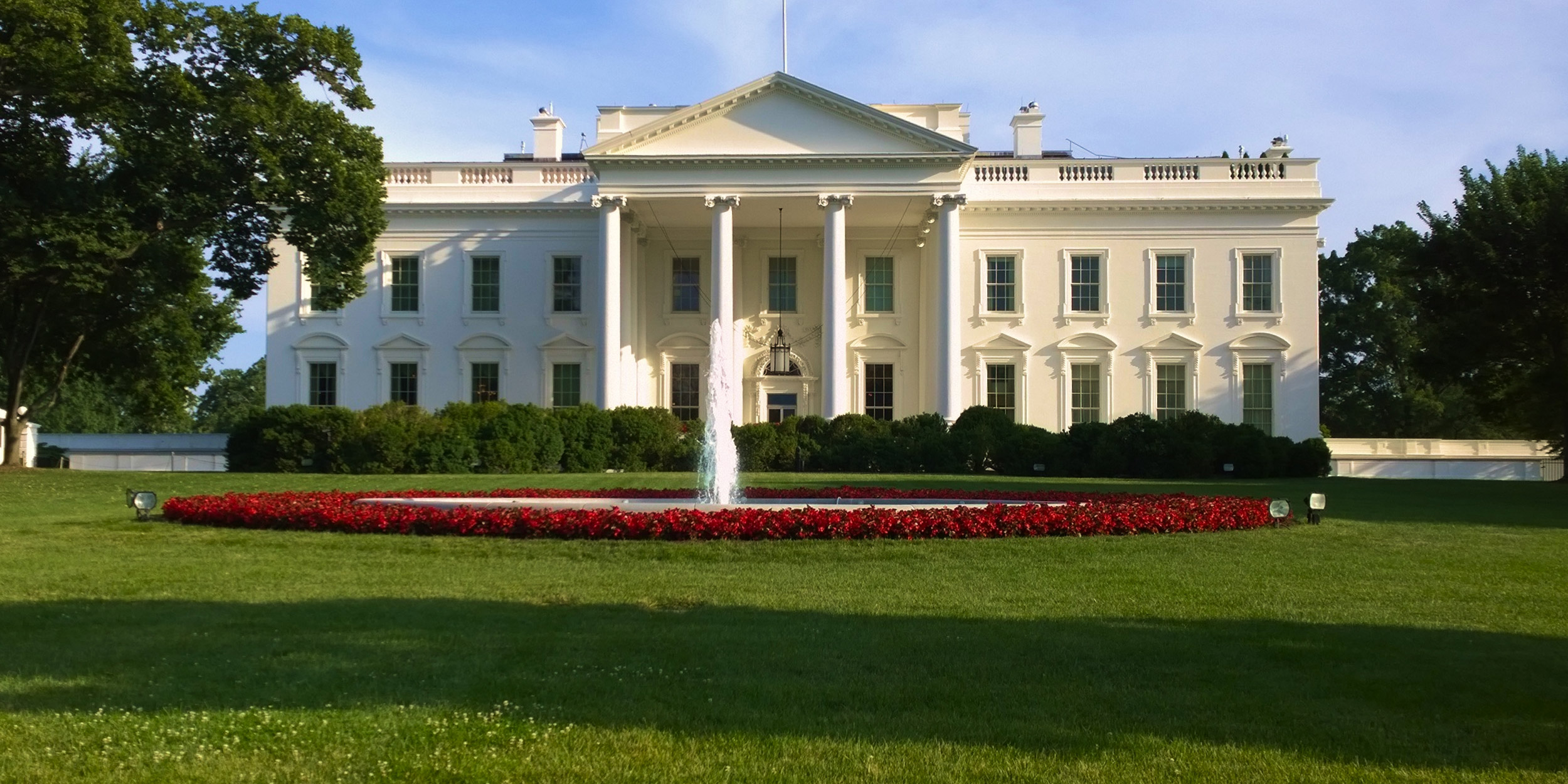White House Official Hints at Bitcoin Purchases Without Adding to U.S. Debt
28.05.2025 22:00 1 min. read Alexander Stefanov
At the recent Bitcoin 2025 conference, White House advisor David Sacks opened the door to a potential increase in the U.S. government's Bitcoin holdings — but only if it can be done without adding to the deficit or raising taxes.
Speaking during a fireside chat with Gemini founders Cameron and Tyler Winklevoss, Sacks said that while no formal plans exist, there is a legal framework that permits further Bitcoin accumulation under specific fiscal conditions. According to Sacks, either the Commerce or Treasury departments would need to find unused funds in existing programs to finance the move in a budget-neutral way.
“If they find a way to do it without new debt or taxes, they already have the authority,” Sacks noted, referring to a presidential executive order issued in March that established a federal crypto reserve and permitted additional purchases under those terms.
The U.S. government currently holds over 198,000 Bitcoin — much of it seized from high-profile criminal cases such as the Silk Road investigation and the Bitfinex hack. The Department of Justice recently received approval to sell those assets, though only a small fraction has been liquidated so far.
Sacks emphasized that any future purchases would depend on political will and fiscal maneuvering, adding that while the possibility exists, it’s far from guaranteed. Still, the idea of the U.S. strategically bolstering its Bitcoin reserves — especially amid rising global interest in crypto — is now on the table.
-
1
U.S. Lawmakers Target El Salvador With Crypto Sanctions Plan
10.07.2025 15:00 2 min. read -
2
Strategy’s $60 Billion Bitcoin Portfolio Faces Mounting Risks, CryptoQuant Warns
10.07.2025 16:36 3 min. read -
3
Esports Giant Moves Into Bitcoin Mining
05.07.2025 13:00 2 min. read -
4
Bitcoin Dominance Nears Key Resistance — Is Altseason Coming Next?
13.07.2025 17:00 2 min. read -
5
Bitcoin Price Prediction: As BTC Hits New All-Time High Is $200K In Sight?
14.07.2025 21:56 3 min. read
Societe Generale Backs Bitcoin and Ethereum ETP Expansion
French banking giant Societe Generale has entered the crypto space more directly, forming a strategic partnership with 21Shares.
Strategy Launches $2 Billion Raise to Buy More Bitcoin
MicroStrategy is doubling down on its Bitcoin strategy with a massive $2 billion fundraising move. Originally planned at $500 million, the company expanded its offering after seeing strong investor demand.
Arkham Intelligence: U.S. Government Holds at Least 198,000 BTC
The U.S. government now holds over 198,000 BTC, valued at approximately $23.5 billion, according to data from Arkham Intelligence.
Tesla Q2 Earnings Surge on Bitcoin Rally and AI Growth
Tesla stunned investors in Q2 2025 with a $1.2 billion profit, nearly tripling its previous quarter’s net income.
-
1
U.S. Lawmakers Target El Salvador With Crypto Sanctions Plan
10.07.2025 15:00 2 min. read -
2
Strategy’s $60 Billion Bitcoin Portfolio Faces Mounting Risks, CryptoQuant Warns
10.07.2025 16:36 3 min. read -
3
Esports Giant Moves Into Bitcoin Mining
05.07.2025 13:00 2 min. read -
4
Bitcoin Dominance Nears Key Resistance — Is Altseason Coming Next?
13.07.2025 17:00 2 min. read -
5
Bitcoin Price Prediction: As BTC Hits New All-Time High Is $200K In Sight?
14.07.2025 21:56 3 min. read


